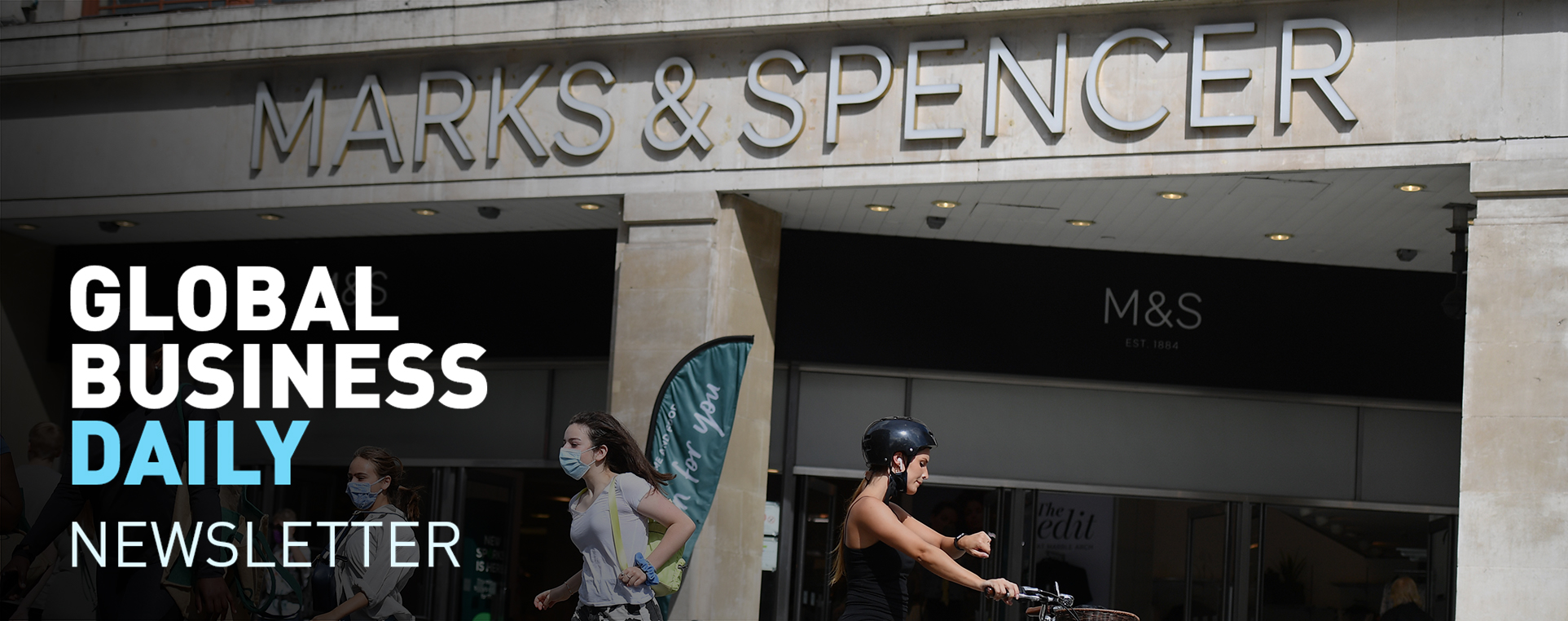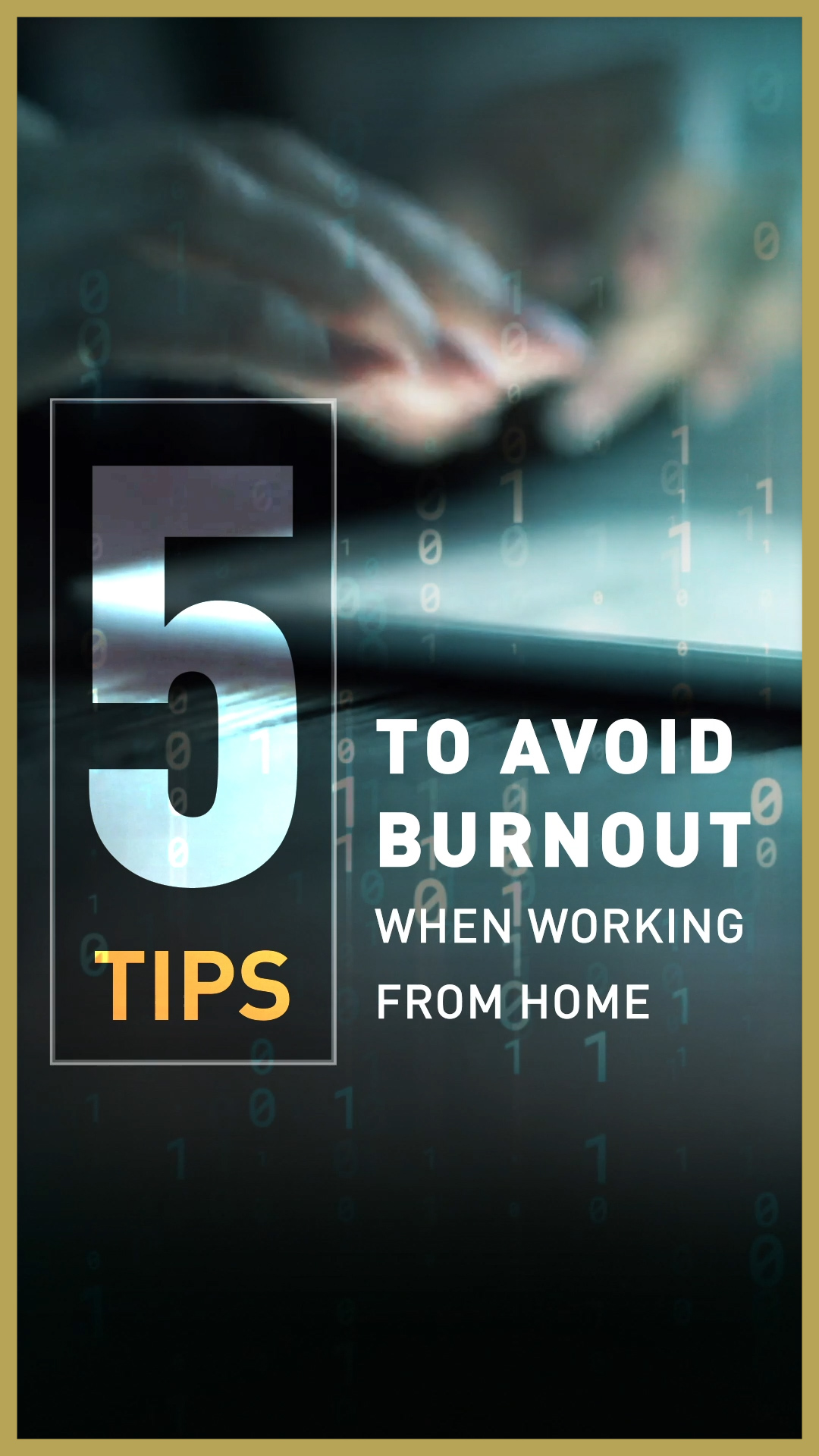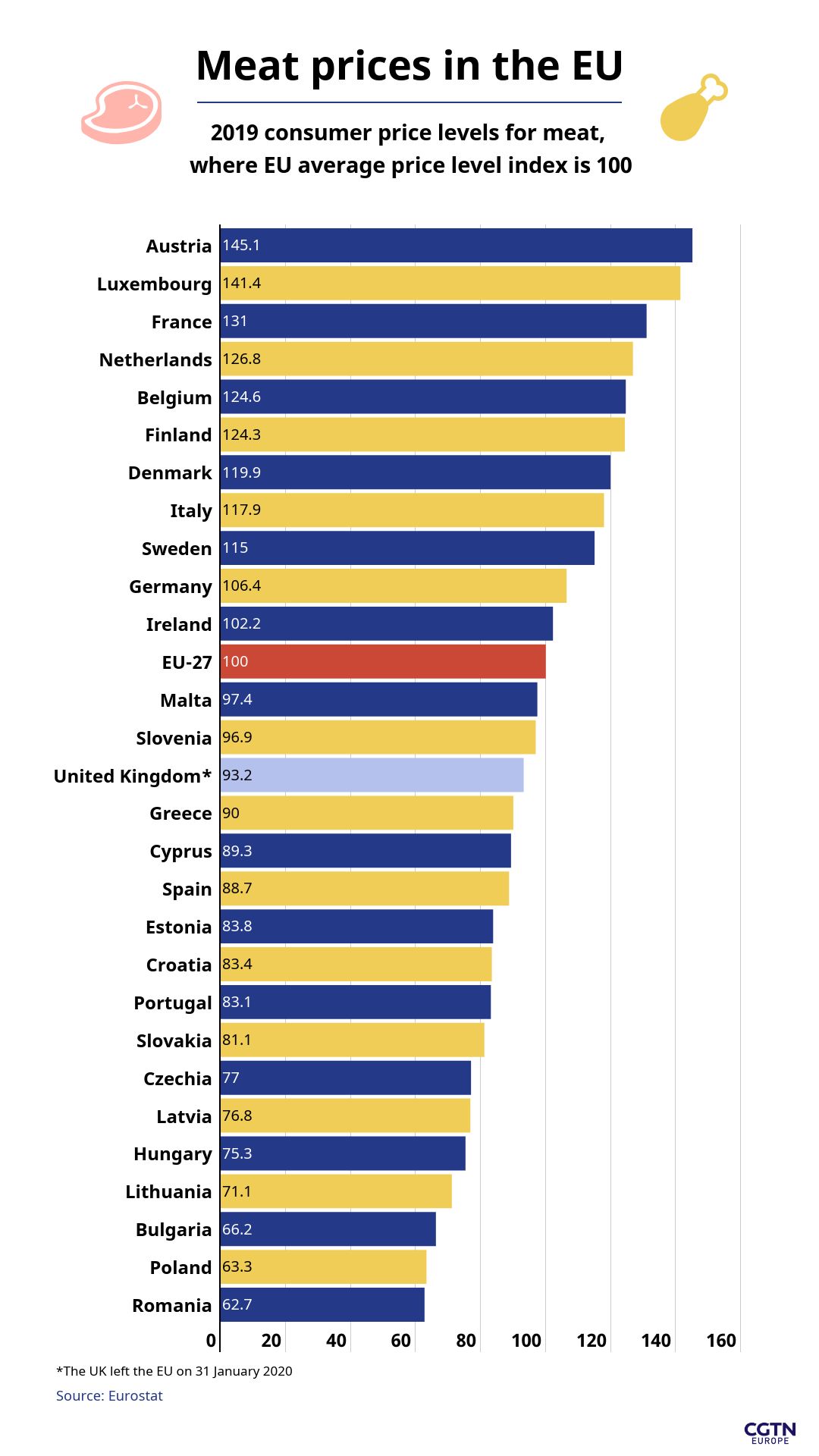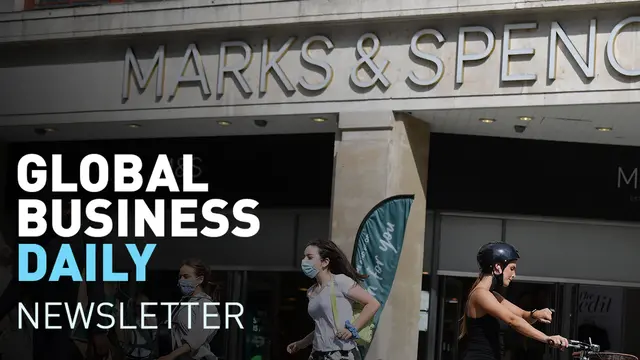"It is clear that there has been a material shift in trade and whilst it is too early to predict with precision where a new post-COVID sales mix will settle, we must act now to reflect this change."
That was a statement from British retailer and high street staple, Marks Spencer (MS), which had a rough day today after announcing it plans to slash 7,000 more jobs in the country.
MS said its clothing and home sales had been severely hit during the pandemic as less people ventured out for wardrobe shopping sprees.
The news is a major blow for the UK's retail sector, and highlights the extent of the damage caused by COVID-19, as these job cuts add to the thousands already announced by other major retailers in the country including Debenhams, Boots, John Lewis, WH Smith and others.
Across the pond, however, U.S. department store Walmart seems to be having a much better day, as shares of the company rose after it massively exceeded expectations for its second quarter profits.
A large part of Walmarts Q2 profit gains was thanks to an almost 100 percent surge in online sales, a trend that has been seen in several countries as shoppers increasingly choose to get groceries and essentials delivered straight to their doorsteps.
Now, if, like many of us here in the UK, you want to make the most of the last few weeks of summer and are planning to have a barbecue, you might be interested in seeing how the price of meat where you are compares with other member states of the EU. Scroll down for today's graphic, which will show you just that.
Enjoy reading,
Arij Limam
Digital correspondent
**P.S. Did you know we send this briefing by email, too? **
Sign up here

London-based British retailer Marks Spencer said it plans to slash a further 7,000 jobs over the next three months – nine percent of its workforce – in the latest blow to the UK's retail sector still grappling with the COVID-19 crisis. The redundancies will impact its central support center, regional management and UK stores. Clothing and home sales were hit the hardest during the pandemic, with a 49.1 percent drop in year-on-year sales during the 19 weeks to 20 August.
U.S. retail company, Walmart , posted its biggest-ever growth in online sales as shoppers placed orders for everything from electronics and toys to groceries amid the pandemic. Shares of the company rose six percent as the 97 percent surge in online sales in the second quarter helped it trounce Wall Street expectations for quarterly profit and same-store sales.
American video games company, Epic Games , said it was seeking to block Apple's removal of popular "Fortnite" game from its app store , in its continuing dispute with the U.S. tech giant over its App Store policy and 30 percent fee. Apple earlier removed "Fortnite" from its app store for violating in-app payment guidelines, prompting Epic to file federal lawsuits challenging the rule. Epic Games had also filed a separate legal complaint against Google's Play Store.
French oil and gas company, Total, has stopped operations at its Dan Bravo oil production platform in the Danish North Sea, after Greenpeace activists swam 500 meters to climb aboard the unmanned platform in protest against future oil and gas exploration . The company declined to say how much output had been affected.
Zoom Video Communications , the video conferencing service which recorded a surge in users during COVID-19 lockdowns – but also came under fire over privacy and security issues – has opened a new data center in Singapore , its first in Southeast Asia, the company has said. The Singapore data center, through which the company's users in Southeast Asia can connect , brings its total to 18 sites globally.
German engineering exports slumped by 22.9 percent in the second quarter as the pandemic and its ensuing lockdown measures took their toll on this mighty sector of Europe's biggest economy , engineering association VDMA has said.
Shares in Danish jewellery company Pandora fell seven percent on Tuesday, after the world's biggest jewellery maker said it expected sales to decline this year by up to one-fifth , despite having reopened nearly all its stores.
China has begun an anti-dumping probe into imports of Australian wine , its commerce ministry said, a move that knocked a fifth off the market value of Australia's biggest winemaker. China is the top market for Australian wine exports and is also Australia's largest trading partner , with two-way trade worth $235 billion Australian dollars ($170 billion) last year.
Swiss manufacturing company, Geberit , is reporting increased demand for its electronic taps and touchless toilet flushes due to the COVID-19 pandemic. The company said it expects the construction sector to return to normal in the second half of the year provided there is not another wave of virus-related lockdowns, after it reported a lower profit during its second quarter.
About a dozen attorney generals in several U.S. states are seeking a combined $26.4 billion from three major drug distributors and Johnson Johnson to settle opioid litigation against the companies, according to a report in the
Wall Street Journal
. The lawsuits accuse drugmakers of overstating the benefits of opioids while downplaying the risks and claim distributors failed to flag and halt a rising tide of suspicious orders.
**UK housebuilder, Persimmon, **posted a plunge in first-half profit on Tuesday after lockdown brought construction and home sales to a virtual standstill, but said it would reinstate its dividend****after an "excellent start" to the second half of the year.
Norway's huge sovereign wealth fund , the world's biggest, lost 188 billion kroner ($21 billion) in the first half of the year as the global economy reeled from the pandemic, the central bank has said. The fund, in which the Norwegian state's oil revenues are invested, was hit by plummeting share prices, with stocks accounting for 69.6 percent of its investments.
Watch: Millions of people are still working from home and for some it may become their new normal. But fears are growing that it could have a damaging impact on mental health.
CGTN spoke to a remote-working expert, Laurel Farrer, who gave us her five top tips on avoiding burnout and how to separate your professional and personal life at home.
03:22

Isabel Hilton is the CEO of Chinadialogue, an online publication based in London, Beijing and Delhi that focuses on the environment and climate change. She spoke to CGTN Europe about the future of the coal industry in the UK and globally.
We're not mining much in the UK anymore. It's an industry that's been in decline for decades particularly, we'll remember those miners strikes in the Thatcher years, but demand for coal is still there, isn't it?
There is some demand for coal. But actually, if you think back to the great heyday of coal in the UK, when it was fueling industry, most of that has already gone.
And the major demand at the moment comes from coal-fired power stations, which will be gone by 2025. So, you know, there is still plenty of coal in the ground, but there's no longer much sense in digging it up.
So it's the end of an era for coal mining. But there's a big environmental story here, too. Where is the UK in terms of renewables and alternatives to coal?
Ten years ago, the UK grid was 80 percent fossil fuel. And now it's 30 percent, and of that 30 percent, coal and oil are about two percent. So it's just been an extraordinary transformation.
That's partly been a result of a certain amount of lower demand, but it also reflects the huge renewables boom that the UK has had and things like offshore wind, and solar to a lesser extent. And the pledge is that by 2025, there'll be no more coal and that we will reach carbon neutrality on the grid by 2030. It's been very effective and a very, very rapid change.
You talk about it being dramatic and effective in the UK as it gets closer to that 2025 target. Globally, though, what would you say the challenges are to phasing coal out?
It's mostly about incumbency at this point, frankly, because if you look at the cost of building a new coal-fired power station and the cost of renewables, renewables are cheaper because the prices keep falling.
But it's partly the difficulties of making a transition. So in some countries, it's about not knowing how to manage renewables, not appreciating what the alternatives are.

 简体中文
简体中文

